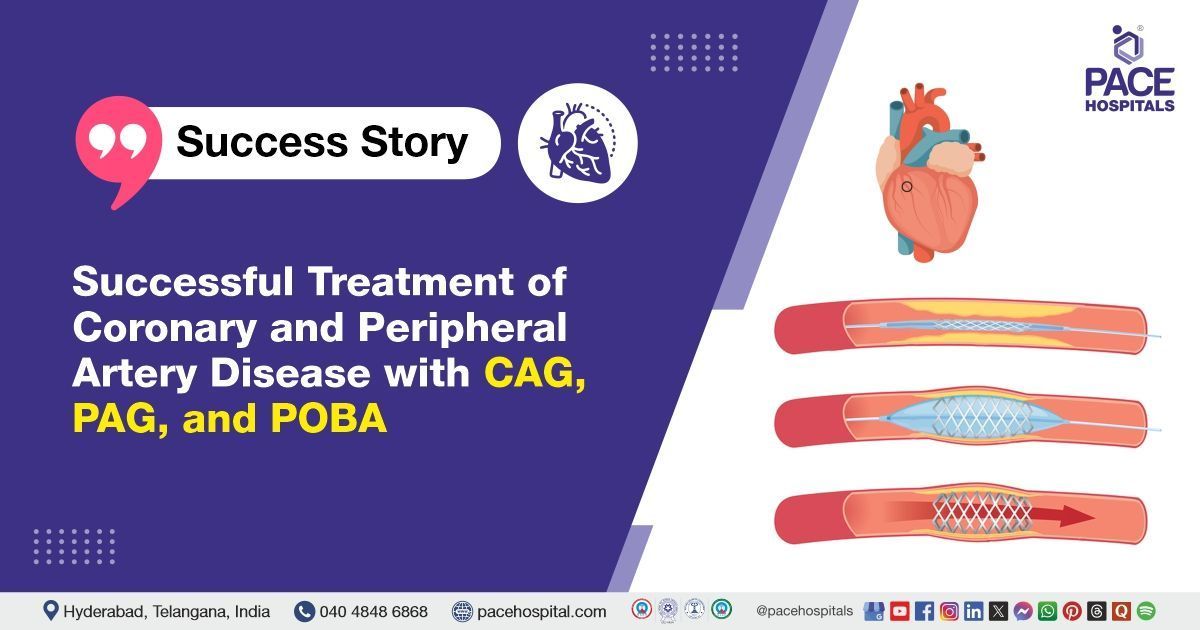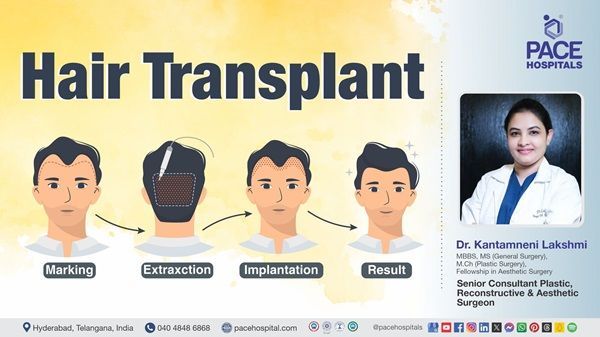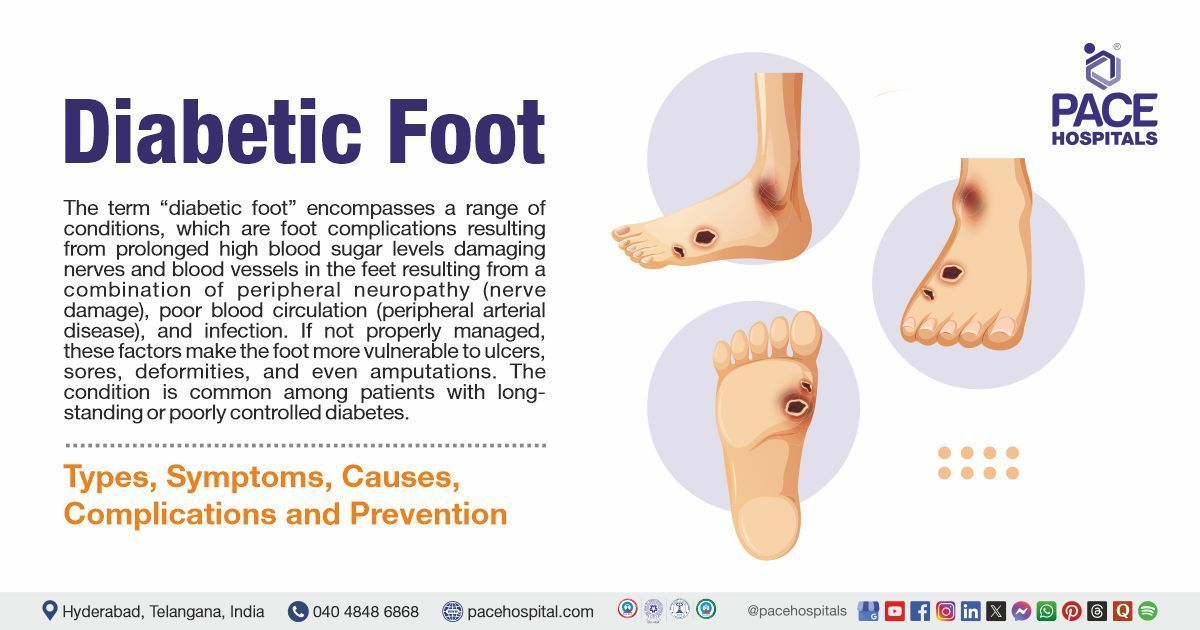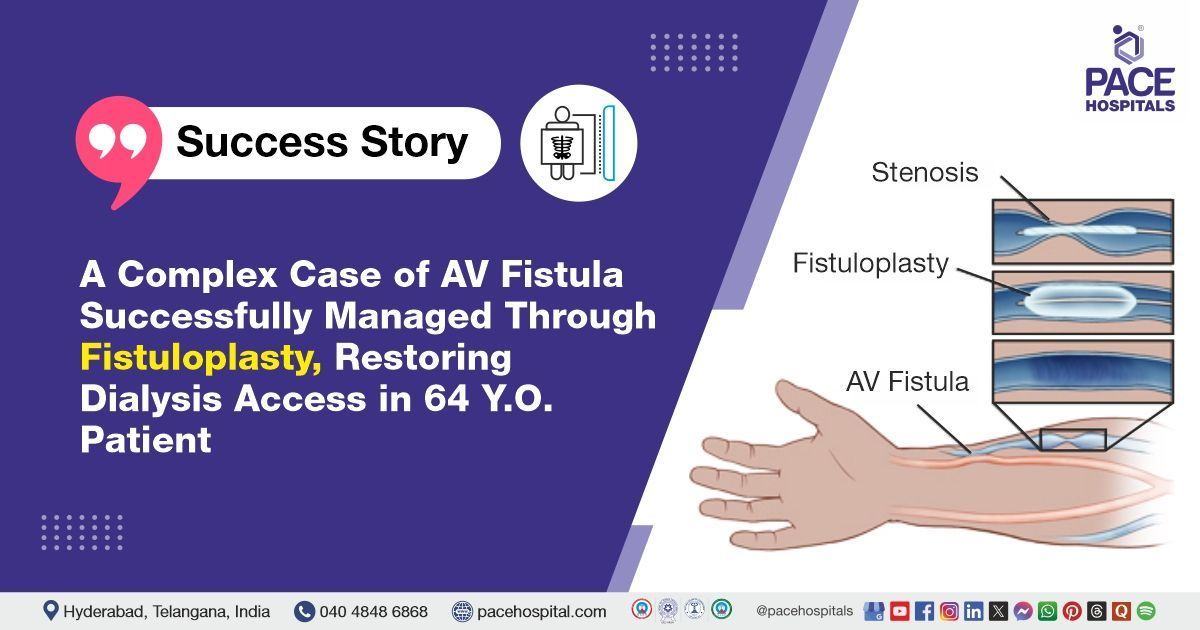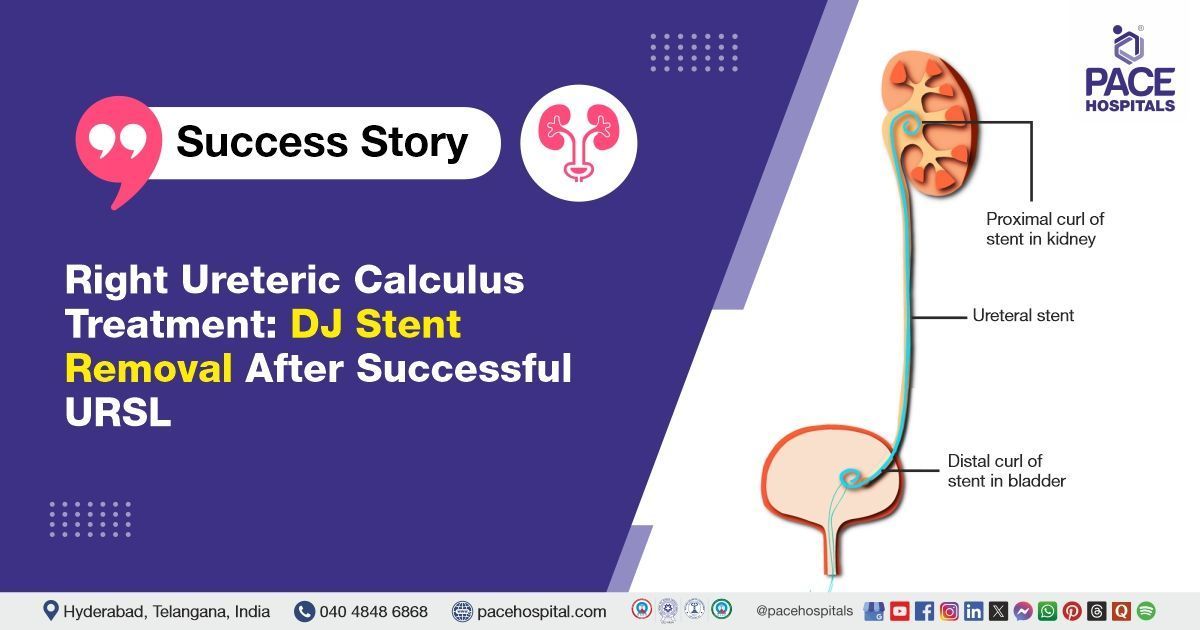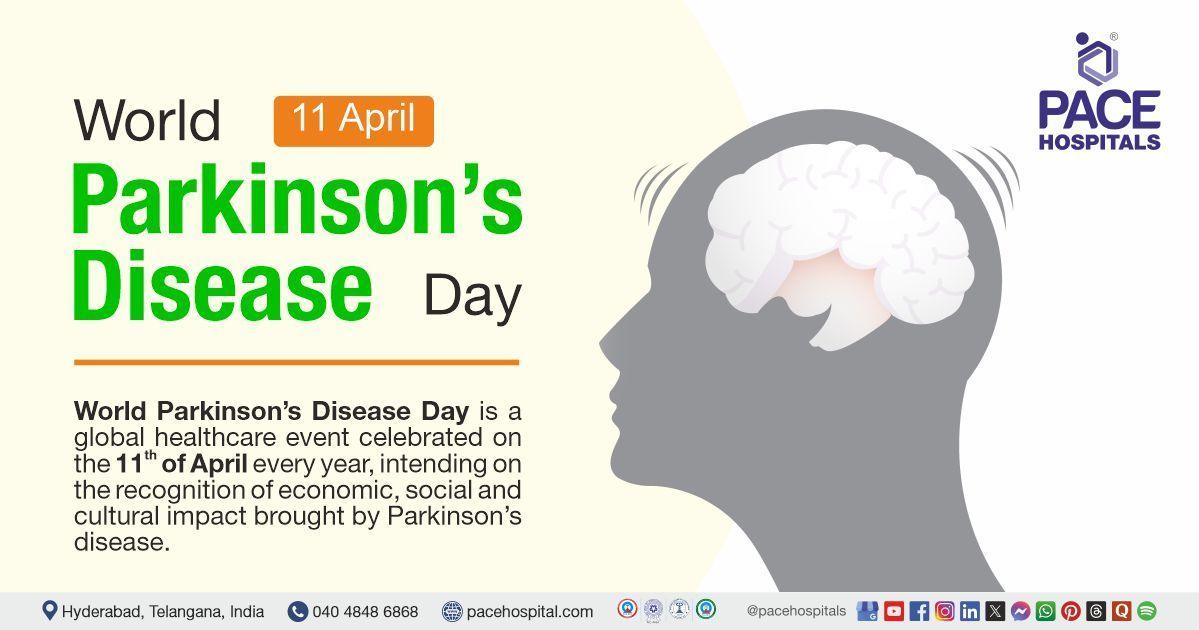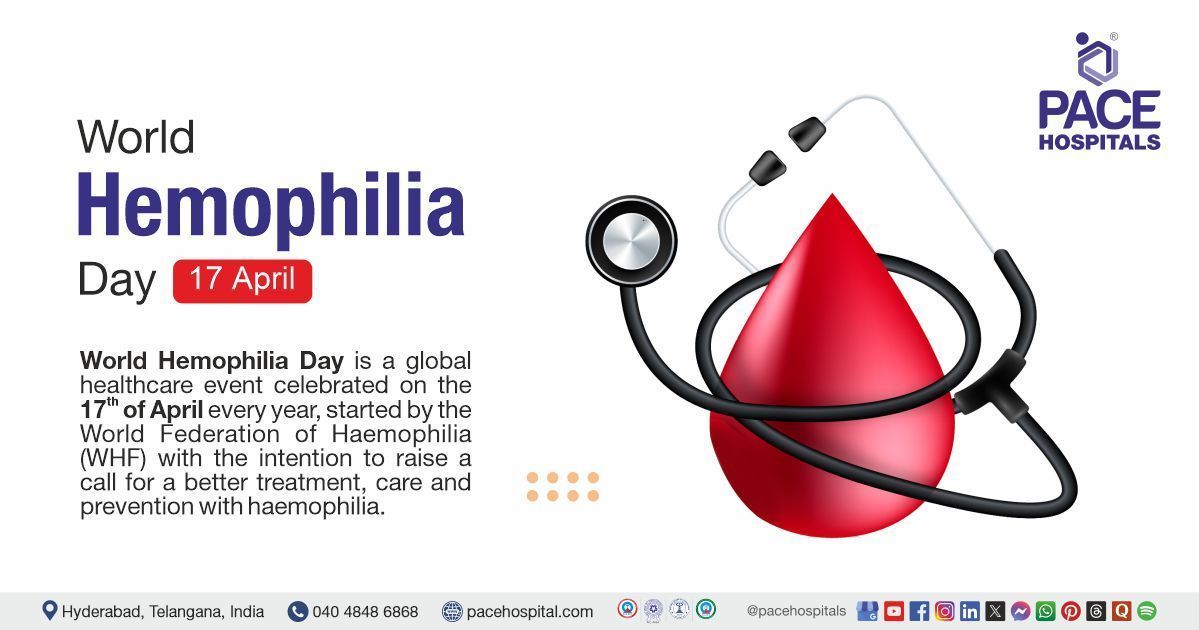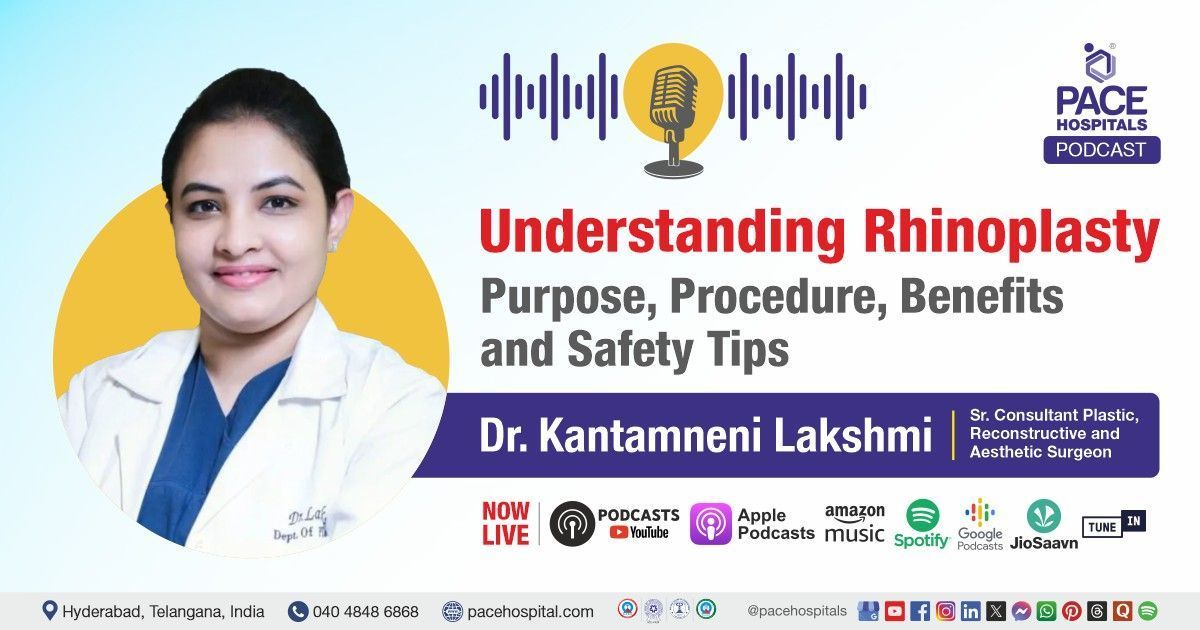Living Donor Liver Transplant in a Patient with Decompensated Chronic Liver Disease and Associated Complications
A 41-year-old female presented to PACE Hospitals, Hyderabad, with complaints of abdominal distension, jaundice for 20 days, and significant weight loss with loss of appetite for three months. She was diagnosed with decompensated chronic liver disease (DCLD). A living donor liver transplant (LDLT) was performed successfully.
Chief complaints
A 41-year-old female patient presented to PACE Hospitals, Hyderabad, with chief complaints of progressive abdominal distension and yellowish discoloration of the eyes for 20 days. She also reported loss of appetite and significant weight loss over the past three months.
Medical history
The patient had a history of Type II Diabetes Mellitus diagnosed eight years ago, managed with insulin therapy. Additionally, she was diagnosed with triple vessel-coronary artery disease via coronary angiography and was on medical management with clopidogrel and atorvastatin therapy.
She was a known case of decompensated chronic liver disease, complicated by portal hypertension, jaundice, ascites, and hepatorenal syndrome.
No prior history of gastrointestinal bleeding, shortness of breath, altered behavior, reversed sleep cycle, pedal edema, large-volume paracentesis, or decreased urine output was reported.
Diagnosis
The patient was diagnosed with decompensated chronic liver disease (DCLD) with complications including hepatorenal syndrome, portal hypertension, jaundice, and ascites. The MELD-Na score was 26, and the CTP classification was Class C, indicating advanced liver failure.
Treatment
Following a detailed transplant workup, pre-anesthetic clearance, and evaluation by a multidisciplinary team led by
Dr. Phani Krishna Ravula, Surgical Gastroenterologist, Bariatric and Metabolic Surgeon, GI and HPB Oncologist, Liver Transplant Surgeon and
Dr. Suresh Kumar S, a living donor liver transplant (LDLT) was planned. The patient’s brother was deemed a suitable donor.
Surgical findings
Intraoperative findings revealed a macronodular, cirrhotic liver with significant ascites. The portal vein was patent, and no space-occupying lesions or peritoneal or pelvic deposits were identified. A modified right lobe graft was harvested from the donor, and a neo-middle hepatic vein was constructed using segments 5 and 8 veins with a polytetrafluoroethylene (PTFE) graft.
Postoperative care
The postoperative period was uneventful. Daily Doppler ultrasounds confirmed normal graft perfusion, and immunosuppressive therapy was initiated promptly. The patient was started on an oral liquid diet by postoperative day 3. She received comprehensive supportive care, including intravenous fluids, antibiotics, antifungals, proton pump inhibitors (PPIs), multivitamins, antiemetics, analgesics, and antipyretics.
During the hospital stay, the patient developed right-sided pleural effusion, leading to shortness of breath. An intercostal chest drain (PCD) was inserted and placed under water seal. Serial monitoring showed a gradual decrease in drain output, improved lung expansion, and eventual removal of the PCD. The right abdominal drain was removed, while the left drain remained in situ at the time of discharge.
Discharge notes
The patient was discharged in hemodynamically stable condition. Discharge medications included antibiotics, immunosuppressants, corticosteroids, diuretics, PPIs, hepatoprotective agents, beta blockers, calcium supplements, antiplatelets, and opioids. Detailed instructions were given regarding fasting blood sugar monitoring two hours after breakfast or at bedtime on alternate days.
She was advised to avoid crowded places, wear a mask, follow a high-protein diet, and maintain proper drain and wound care.
She was also instructed to report immediately to the emergency ward of PACE Hospitals, Hyderabad, in case of any adverse symptoms, such as vomiting, fever, or abdominal pain.
Follow-up plan
The first review was scheduled four days after discharge in the Surgical Gastroenterology Outpatient Department (SGE OPD), where blood counts (CBP), renal function tests (RFT), liver function tests (LFT), and tacrolimus levels were to be checked.
Another review with an endocrinologist was planned after seven days post discharge, along with a glucose chart review for diabetes management.
Role of living donor liver transplantation in decompensated chronic liver disease
Living Donor Liver Transplantation (LDLT) is a critical treatment option for patients with chronic liver disease, offering a lifesaving solution when the liver fails to function adequately. In LDLT, a portion of a healthy liver from a living donor is transplanted into the patient, leveraging the liver's regenerative capability. This procedure is particularly beneficial in regions with limited access to deceased donor organs. It provides excellent survival rates, reduced waiting times, and faster recovery. LDLT is performed under stringent donor-recipient matching and requires multidisciplinary care for successful outcomes.
Request an appointment
Fill in the appointment form or call us instantly to book a confirmed appointment with our super specialist at 04048486868
Appointment request - health articles
Thank you for contacting us. We will get back to you as soon as possible. Kindly save these contact details in your contacts to receive calls and messages:-
Appointment Desk: 04048486868
Whatsapp: 8977889778
Regards,
Pace Hospitals
Hitech City and Madinaguda
Hyderabad, Telangana, India.
Oops, there was an error sending your message. Please try again later. We will get back to you as soon as possible. Kindly save these contact details in your contacts to receive calls and messages:-
Appointment Desk: 04048486868
Whatsapp: 8977889778
Regards,
Pace Hospitals
Hitech City and Madinaguda
Hyderabad, Telangana, India.
Our Locations – Find the Best Hospital Near You
Metro Pillar Number C1772, Beside Avasa Hotel, Hitech City Road, Near HITEC City Metro Station, Hyderabad, Telangana, India.
Mythri Nagar, Beside South India Shopping Mall, Hafeezpet, Madeenaguda, Hyderabad, Telangana, India.
040 4848 6868
Payment in advance for treatment at PACE Hospitals, Hyderabad, Telangana, India (Pay in INR ₹)
For Bank Transfer:-
- Bank Name: HDFC
Company Name: Pace Hospitals
A/c No.50200028705218
IFSC Code: HDFC0000545 - Bank Name: STATE BANK OF INDIA
Company Name: Pace Hospitals
A/c No.62206858997
IFSC Code: SBIN0020299
Scan QR Code by Any Payment App (GPay, Paytm, Phonepe, BHIM, Bank Apps, Amazon, Airtel, Truecaller, Idea, Whatsapp etc).

CONTACT US
Call: +914048486868
WhatsApp: +918977889778
Email: info@pacehospitals.in
FOLLOW US
SUBSCRIBE
Subscribe to our newsletter and stay updated with the latest health information.
Subscribe to PACE Hospitals' Public Newsletter
Thank you for subscribing to PACE Hospitals' Newsletter. Stay updated with the latest health information.
Oops, there was an error. Please try again submitting your details.
ABOUT US
QUICK LINKS
Disclaimer
General information on healthcare issues is made available by PACE Hospitals through this website (www.pacehospital.com), as well as its other websites and branded social media pages. The text, videos, illustrations, photographs, quoted information, and other materials found on these websites (here by collectively referred to as "Content") are offered for informational purposes only and is neither exhaustive nor complete. Prior to forming a decision in regard to your health, consult your doctor or any another healthcare professional. PACE Hospitals does not have an obligation to update or modify the "Content" or to explain or resolve any inconsistencies therein.
The "Content" from the website of PACE Hospitals or from its branded social media pages might include any adult explicit "Content" which is deemed exclusively medical or health-related and not otherwise. Publishing material or making references to specific sources, such as to any particular therapies, goods, drugs, practises, doctors, nurses, other healthcare professionals, diagnoses or procedures is done purely for informational purposes and does not reflect any endorsement by PACE Hospitals – your trusted hospital near me.


